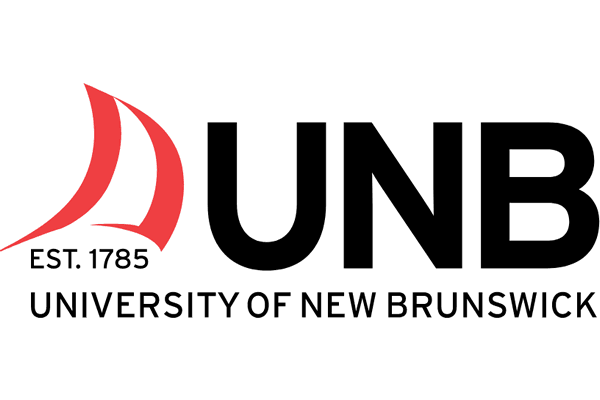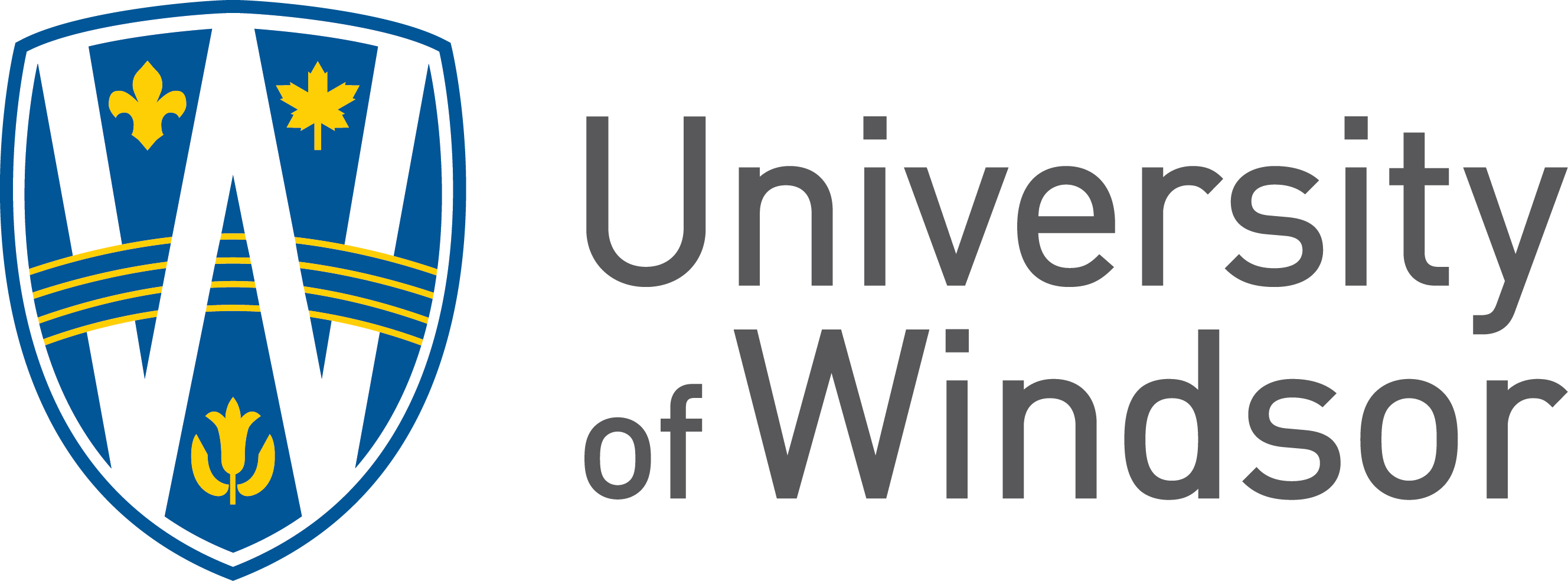Award 261273-CA
Research Chairs in Science and Technology
- COMPETITION OPENS FEBRUARY 2025
- Awards to be taken up in the 2026-2027 Academic Year
- Applications accepted until September 15, 2025
- The next competition, for awards to be taken up in the 2027-2028 Academic Year, will open in February 2026
- US$25,000 for 4 months
- Grants begin in either September 2026 or January 2027
- Fulbright Canada Program Officer, Recruitment
- Formal letters of invitation should not be sought; however, applicants are encouraged to contact the institution to discuss research interests.
Fulbright Canada Research Chair in Science, Technology, Engineering, or Math, University of Manitoba
The University of Manitoba is an internationally respected educational institution, currently offering over 90 degrees, diplomas and certificates, including more than 60 at the undergraduate level. The University is Manitoba’s largest and most comprehensive post-secondary institution and the only one with a research-intensive focus. The University has been at the center of research in Manitoba for more than a century and annual research funding from external sources is over $190 million. From the development of canola and advances in wireless communication to exploring the frontiers of global environmental shifts and breakthrough discoveries on HIV/AIDS, and the elimination of Rh disease in newborns, their researchers have made contributions that have had a global impact. Visiting Chairs in Science, Technology, Engineering, or Math will focus on research development in collaboration with University faculty. Activities could include: advising and/or mentoring students; assisting in faculty, curriculum, and/or program development; and/or conducting a research project designated by the University or of the Visiting Chair's choosing. Visiting Chairs may be invited to give occasional lectures and participate in research development events. Suitable office space and basic professional services will be provided for the duration of the award.
Specializations: Science, Technology, Engineering, and Mathematics
Fulbright Canada Research Chair in Digital Transformation, University of New Brunswick
The McKenna Institute
Faculty of Computer Science
Research Institute in Data Science and AI
AI and Data Science are becoming increasingly intertwined, and often the terms are used interchangeably by Industry. AI depends on large data sets for developing useable models, and Data Science relies on AI algorithms to extract meaningful features from data sets. Thus, it makes sense to create a structure at the University of New Brunswick (UNB) that can address both fields, while retaining the distinctiveness that enables researchers to identify with such a structure.
Hosted by the Faculty of Computer Science and the Research Institute in Data Science and Artificial Intelligence (RIDSAI), The Fulbright Chair is expected to contribute to this effort by enhancing the existing UNB research network with strong interdisciplinary ties both internal and external, leading workshops to transform recent advances in AI and/or Data Science into joint research projects linked to socially relevant challenges, and instilling insight, novelty, and inspiration into the UNB research community. The Chair will have access to appropriate workspaces and a computational nucleus for model demonstration, exploration, and development. Outreach activities such as lectures and seminars are encouraged.
Specializations: Artificial Intelligence, Machine Learning, Data Science in area(s) of specialization and preference including, but not limited to, the following:
• Game design and virtual reality
• Supporting design and development of quality software systems
• Internet of Things (IoT), explainable AI and edge computing
• Human-AI Interaction
• AI and Analytics to Support Software Design and Development
• Game Design
• Mixed Reality
• Explainable AI
• Internet of Things (IoT) and Edge Computing
• AI-Enabled Autonomous Vehicle Perception
• Causal Inference and Machine Learning
• Scalable Data Science and Advanced Analytics
• Extended Database Query Processing with ML Inference
• 3D Spatial Analytics and Query Processing
• Accelerating Data Analytics on GPUs and Modern Hardware
Fulbright Canada Research Chair in Automobility and Cybersecurity Innovations, University of Windsor
Faculty of Engineering
Cybersecurity and Automobility Research
The Fulbright Chair in Automobility and Cybersecurity Innovations at the University of Windsor will join an innovative research and innovation ecosystem at the Faculty of Engineering. The Faculty has a strong focus on advanced mobility, autonomous vehicles, cybersecurity, and smart infrastructure and collaborates extensively with industry leaders to develop next-generation transportation and security solutions. With research clusters such as Centre for Hybrid Automotive Research and Green Energy (CHARGE) and SHIELD Automotive Cybersecurity Centre of Excellence, the Faculty is at the forefront of all aspects of automobility, contributing significantly to advancements in electric vehicle (EV) technology and automotive cybersecurity. The Fulbright Chair will engage in interdisciplinary research, mentor graduate and undergraduate students, contribute to curriculum development, and lead seminars and guest lectures.
The Fulbright scholar will have access to state-of-the-art research facilities and collaboration opportunities with the Windsor-Detroit automobility industry. Additional grant activities may include public outreach and policy discussions related to transportation security and smart mobility solutions.
Specializations: Automobility, cybersecurity, intelligent transportation systems, smart infrastructure, AI-driven vehicle security, connected and autonomous vehicles.






